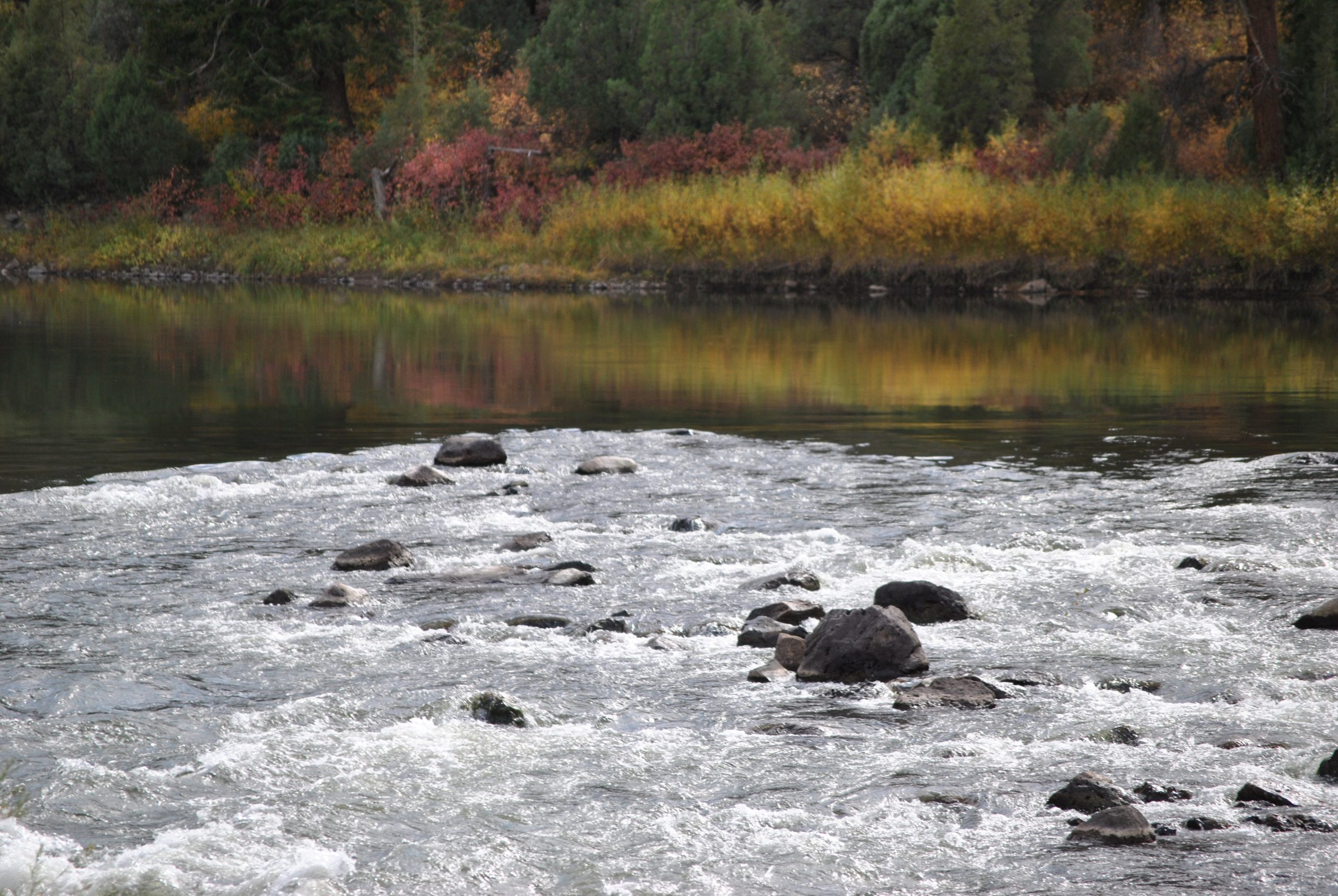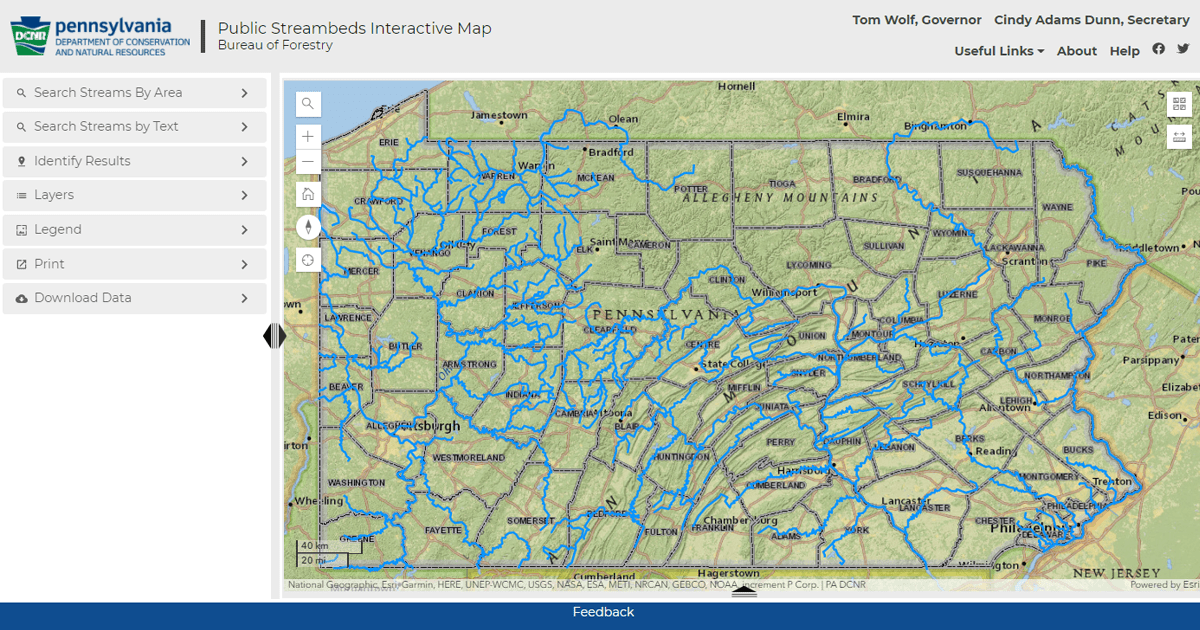M
MBWCC
Member
- Joined
- May 27, 2010
- Messages
- 77
The US Supreme Court just upheld NM constitutional right for anglers to access streams on private land. This is great news for. anglers arguing that state access laws are indeed constitutional.






